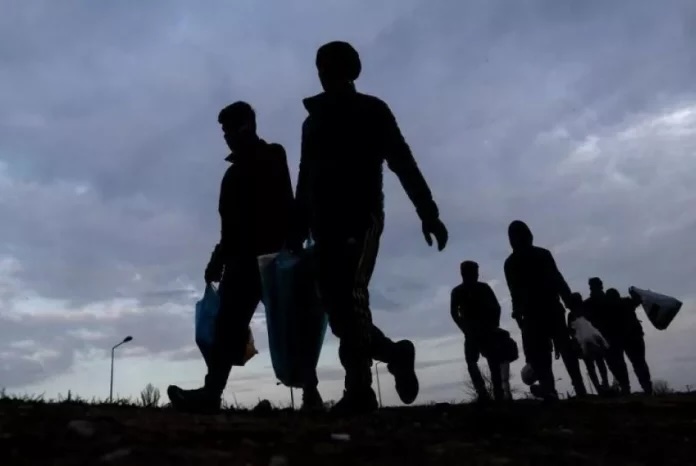The United States has signed new deportation agreements with Uganda and Honduras as part of President Donald Trump’s intensified campaign to curb illegal immigration, according to government documents obtained by CBS News and shared with the BBC.
Under the arrangement, Uganda will accept an unspecified number of African and Asian migrants who sought asylum at the US-Mexico border. Honduras, meanwhile, has agreed to take in several hundred Spanish-speaking migrants over the next two years, including families with children.
The deals form part of Washington’s wider effort to expand deportation partnerships worldwide, targeting nations willing to host migrants who are not their own citizens. At least a dozen countries have already signed on, stretching across Latin America, Africa, and beyond.
Human rights campaigners have sharply criticised the policy, warning that deportees could face significant risks if transferred to countries with fragile protections or questionable human rights records.
According to CBS, Uganda’s commitment excludes individuals with criminal histories, but it remains unclear how many migrants it will ultimately accept. Honduras may also expand the number it takes in, beyond the initial pledges.
The agreements echo similar arrangements already reached this year. Rwanda recently agreed to resettle up to 250 migrants from the US, subject to government approval on a case-by-case basis. Costa Rica and Panama have also accepted groups of African and Asian migrants, while the US State Department last week confirmed a “safe third country” deal with Paraguay.
Critics argue these policies could breach international law by relocating migrants to countries far from their origin and without proper safeguards. The UN and multiple rights organisations warn such transfers could expose asylum seekers to further harm or even subsequent deportation.
The strategy reflects a central Trump campaign promise: to dramatically reduce undocumented migration. His administration has actively approached other countries, including Ecuador and Spain, to expand the network of deportation destinations.
In June, the US Supreme Court allowed the administration to proceed with deportations to third countries without requiring courts to hear claims of danger from affected migrants. The ruling, backed by the majority of justices, faced a strong dissent from Justices Sonia Sotomayor, Elena Kagan, and Ketanji Brown Jackson, who called it “a gross abuse.”
Despite international criticism, the White House has shown no signs of slowing down its global deportation drive, casting it as a shared responsibility among nations to manage migration pressures.
Reported by BBC
